_5.jpg&w=1200&q=75)
“Hard Ball”, an opinion column of The Nation newspaper, on Friday the 17th of May 2013, took a swipe at Governor Peter Obi of Anambra State over alleged comments on succession to the office of the governor of the state. The Governor was said to have communicated his aversion to being succeeded by a professional politician to a group of religious leaders when they paid him a visit at the Governor’s Lodge at Amawbia. His words: “He (the next governor) must not be a professional politician that sees politics not as a vocation to advance the progress of civilisation, but as an avenue to steal the people’s money.”
The piece was prefaced with a review of past presumptuous talk on succession and its negative impacts on the practice of democracy. It expressed concern over the fate of democracy with voters ceding the right of king-making to an individual. But more than that, the paper seemed scandalised by the governor’s unpretentious acknowledgement of a search for his successor. It wrote inter alia “…he still owed his state and the country as a whole the obligation to talk diplomatically, disguise his intentions, or pretend he thought it objectionable for the electorate to have such unpalatable view of the Nigerian electoral process.”
There is no doubt that democracy does not accommodate a variant of its kind. And those who must adopt it as a form of government should, as a matter fact, allow it unfettered practice. A regulated democracy brings with it a moment of difficult presage. There is nothing to be said in its defence except that, like a clunker, it devastates and is barren of good result. No sane person readily acquiesces to such aberrant practice. Rather, efforts are made by the thoughtful to protect its inviolate practice. The fear expressed over Governor Obi’s alleged choice of a successor is understandable. Given – his choice may turn out to be wrong – but it is no less a circumscription of popular will for that choice to be denied him. Since democracy allows for popular participation, his choice, or its expression, should not be a subject of discourse. It is believed that as the chief executive of the state for two terms, he is in a position to understand firsthand the varied shades of interest of those eager to succeed him. To impute imposition over a mere expression of an opinion is being judgmental. Should Obi, because of his status, flinch from expressing a choice or become deaf mute in order not to be accused of imposition?
To lump him together with all those alleged to have made previous presumptuous search for a successor, or talked glibly about it, does not fit this context. Unlike him, all those involved previously were military men whose disposition to democracy is common knowledge. Any civilian, among them who might be guilty of the accusations, was merely executing a charge and like the paper rightly observed, should be dismissed as a glib talker. It would seem that what got the newspaper riled is not the whole idea of imposition but the indiscretion in voicing it out. Otherwise, what effort, if any, has the paper made about such impositions elsewhere, especially within its domicile.
By its own account, the paper admitted that only about three or four out of more than 20 of such impositions in Nigeria turned out right. One would have loved to know how much of the hardball talk the paper engaged those involved in the impositions. Rather for his efforts in installing a successor and extending same in four out of the remaining South-West states, Asiwaju Bola Ahmed Tinubu is today celebrated as an icon of democracy even by the same paper. He may have been spared the hardball treatment because, unlike Obi, he was discreet about those impositions. But did that extenuate the ills thereof?No doubt he would wish to extend his imposition further down east. The concern of the newspaper is understandable. However, it should bear in mind that neither Obi nor the people of Anambra State is bereft of understanding.
The paper was right to observe that it took the effort of Senator Chris Ngige to free the state from the claws of Chris Ubah, and that of Obi to prise her loose from the jaws of Andy, whom it erroneously referred to as the younger of the Ubah brothers. Beyond this, Obi has successfully tucked the state away from further despoliation. To suggest that he will be returning the state whence he laboured hard alongside Ngige to extricate it will be hard to believe. Worst scenario, he will only attempt the Tinubu magic in just one state – four still short of Asiwaju’s feat. The only drawback in this kind of undertaking (imposition) may mean tougher challenges for the Action Congress of Nigeria in which case its desire to have an outpost in the east will suffer stillbirth. It is clear what the interest of the paper is. The party’s measured but steady conquest among states will meet stiffer challenge with Obi’s involvement.
To be aroused because of mere expression of opinion whiffles with an air of insincerity. Notwithstanding the choice of the modal verb “must” instead of the adjective “likely”, in describing the choice of a successor it is still difficult to justify the position of “Hard Ball”. It is nothing more than a function of lexicon which at best should be ignored. However, the hypocrisy of the Nigerian State is making it an issue amidst worst cases of impositions. It is not readily admitted but Obi ranks among political figures that do not have high regard for godfatherism in politics. He was not a beneficiary and has so far not tried to create a fiefdom. Earlier elections in the state are ready examples. Up till now some hawks among his party men and friends could not appreciate his democratic disposition. They had expected a hijack of the process of election by the governor to advantage. But to their consternation he has always allowed for the prevailing of popular will. “Hard Ball” should spare itself the splitting of hair on the issue of succession to the governorship of the state. At the appointed time the flock will search out the shepherd.
•Louis Ejikeme writes from Lagos.
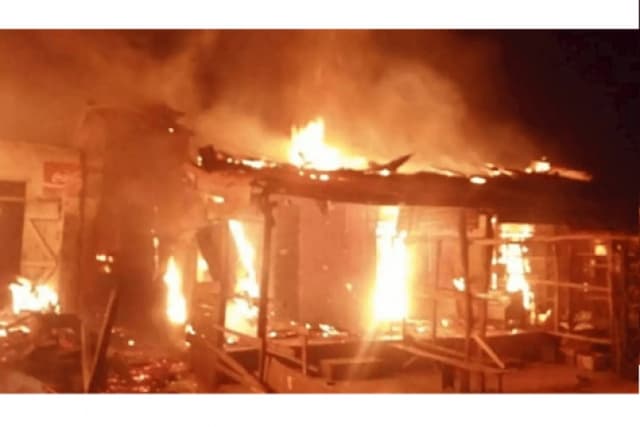
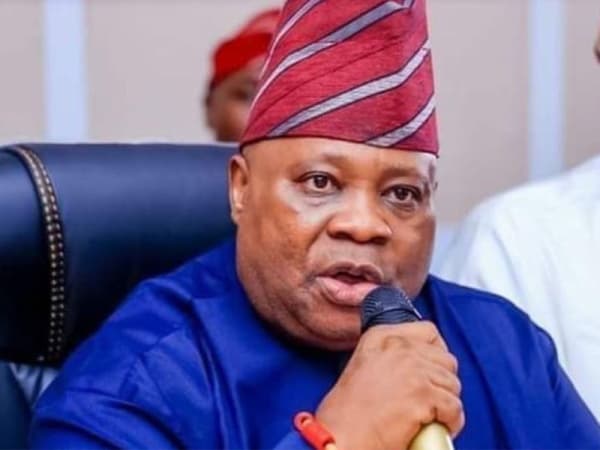
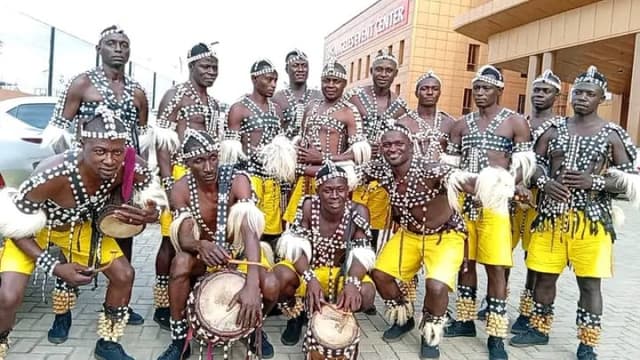
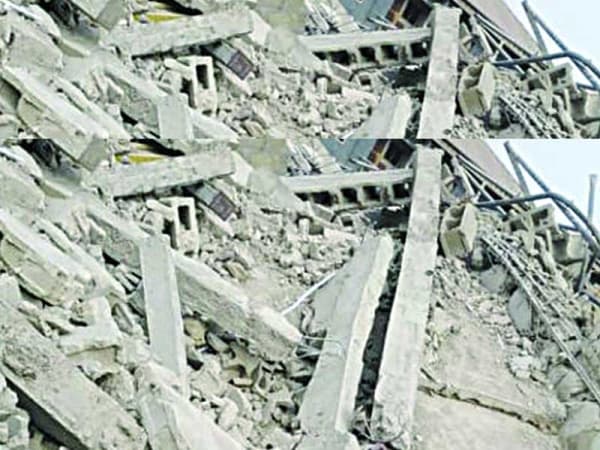
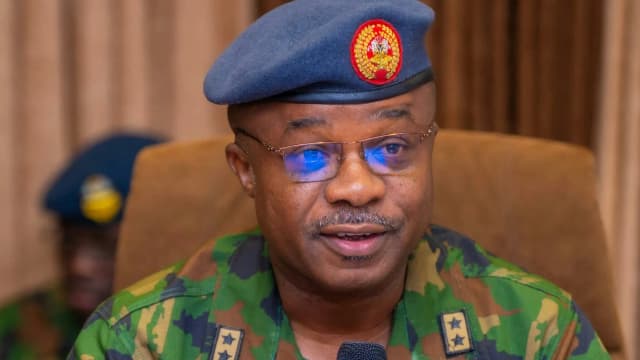
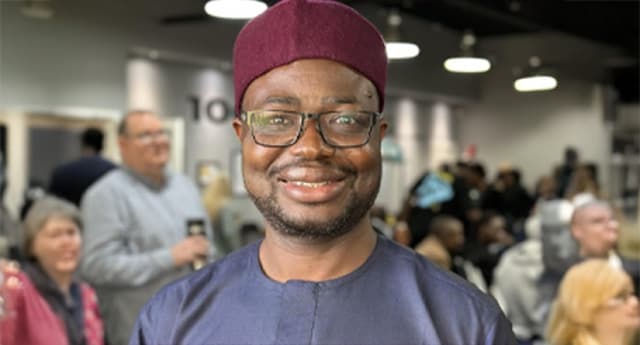






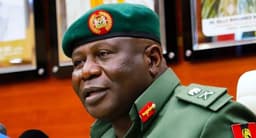
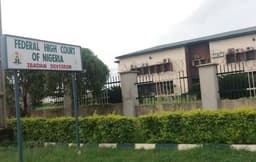
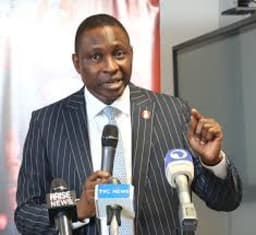
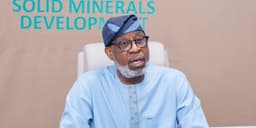
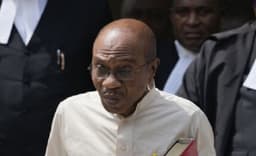
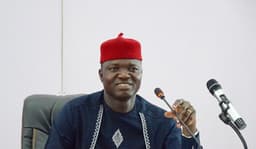

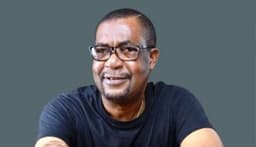
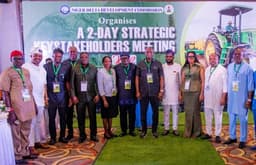
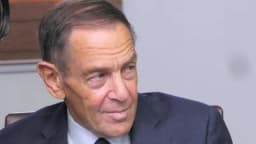





NEWS EXPRESS is Nigeria’s leading online newspaper. Published by Africa’s international award-winning journalist, Mr. Isaac Umunna, NEWS EXPRESS is Nigeria’s first truly professional online daily newspaper. It is published from Lagos, Nigeria’s economic and media hub, and has a provision for occasional special print editions. Thanks to our vast network of sources and dedicated team of professional journalists and contributors spread across Nigeria and overseas, NEWS EXPRESS has become synonymous with newsbreaks and exclusive stories from around the world.